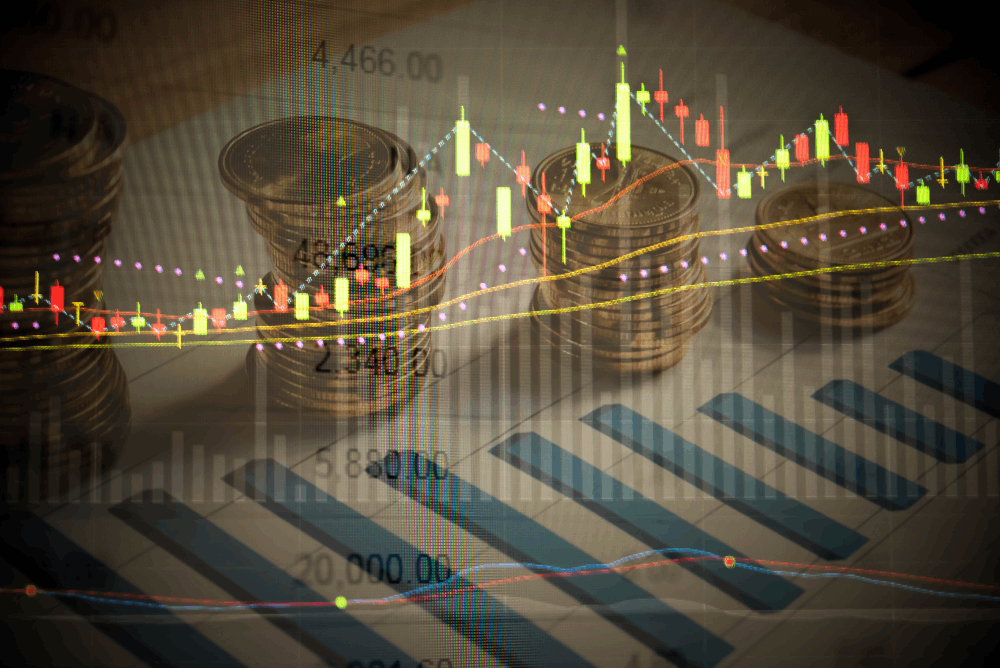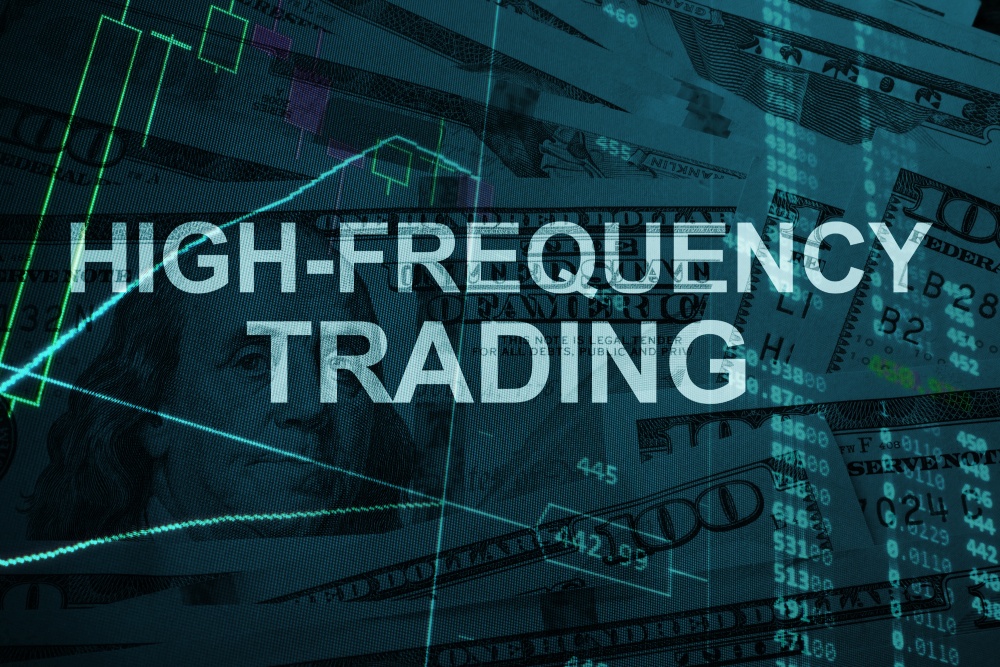Can I trade options on the expiration date?

What Are Options?
An option is a contract that gives the owner the right but not the obligation to buy or sell an underlying asset at a specified strike price within a specified period of time.
Options belong to the larger group of securities known as derivatives. A derivative’s price is dependent on the price of something else. Examples of derivatives include calls, puts, futures,swaps, forwards and mortgage-backed securities, among others. They fall into a derivative category because they are derived from another security.
The strike price is the predetermined price and it’s the most important determinant of an options value. It is the price at which the underlying asset can be bought or sold.
Usually, a stock option represents 100 shares of an underlying stock but options can be written on any sort of underlying assets from currencies to bonds and commodities.
Options have the ability to generate recurring income and enhance an individual’s portfolio but of course could still carry substantial risk. Options are typically used as a hedge against a declining stock market. They are often thought of as an insurance policy.
They also can be traded between private parties in over-the-counter transactions or in exchange traded markets.
The Exercise Price
The cost of an option is called a premium, it’s what the buyer pays to hold the right to buy or sell the underlying asset at the options strike price. If the buyer chooses to utilize that right then they are exercising the option. Exercising an option is not an obligation.
There are two types;
Call options give the option buyer the right to buy the underlying asset at a specified price by a certain date. Without obligation, the buyer has the right to buy the asset when they think its price will increase.
Put options give the option owner the right to sell the underlying asset at a specified price by a certain date.
The premium (The cost of an option) will be less for a one-month option than a three-month option, because with more time, the probability of better price moves increases. The less time until expiry, the less value an option will have. There is a correlation between volatility and options trading, whereas the higher the volatility for an underlying asset, the higher the probability of larger price swings, which will eventually sum up to a greater price of an option.
Can I trade options on the expiration date?
European options can only be exercised on the expiration date while US options can be exercised at any time prior to their expiration. US options also have a higher premium due to the early exercise feature that’s more demanded. A contract for options or futures reaches its expiry date, the contract becomes invalid.
An option can be traded at any time before expiry irrespective of whether the strike price has been reached. When an option approaches expiry, traders can either sell the option, exercise the option or let the option expire, for instance; A call option has no value if the underlying security trades below the strike price whilst a put option has no value if the underlying security trades above the strike price at expiry.
In the money & out of the money
In the money refers to an option with intrinsic value while out of the money refers to an option with extrinsic value.
An out of the money call option has a higher strike price than what the underlying asset has in the market.
An out of the money put option has a lower strike price than what the underlying asset has in the market.
An in the money call option means the underlying asset can be bought below its current market price
An in the money put option means the underlying asset can be sold above its current market price.
In summary, a call is considered in the money (ITM) when the strike price is less than the stock price, and at the money (ATM) when the strike price is the same as the stock price and out of the money (OTM) when the strike price is higher than the stock price.
Meanwhile, a put is considered in the money (ITM) when the strike price is greater than the stock price, and at the money (ATM) when the strike price is equal to the stock price and Out of the money (OTM) when the strike price is less than the stock price.


